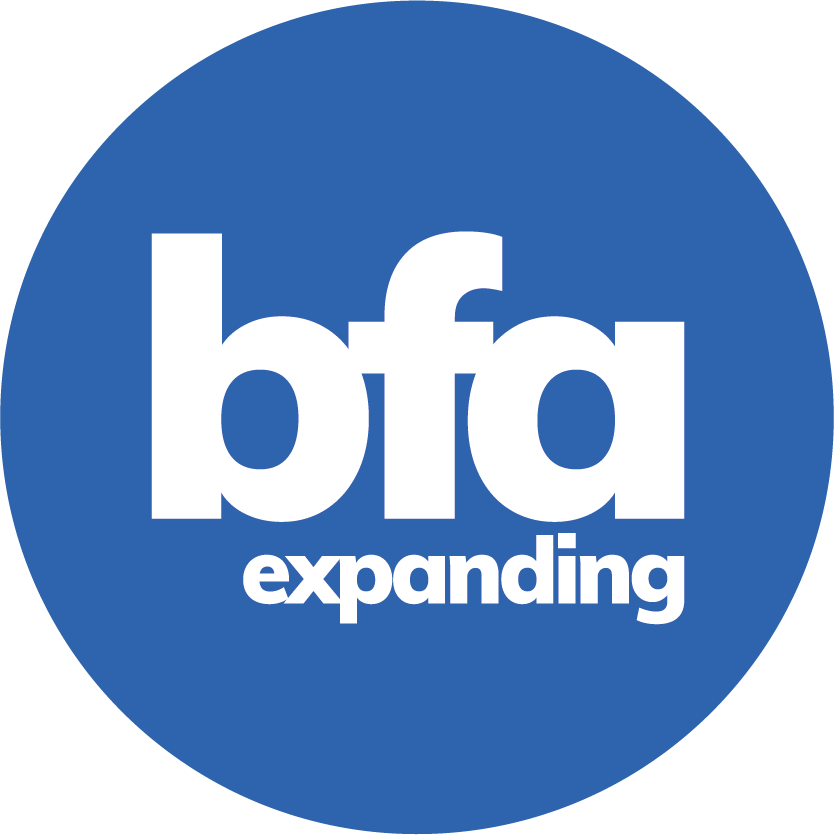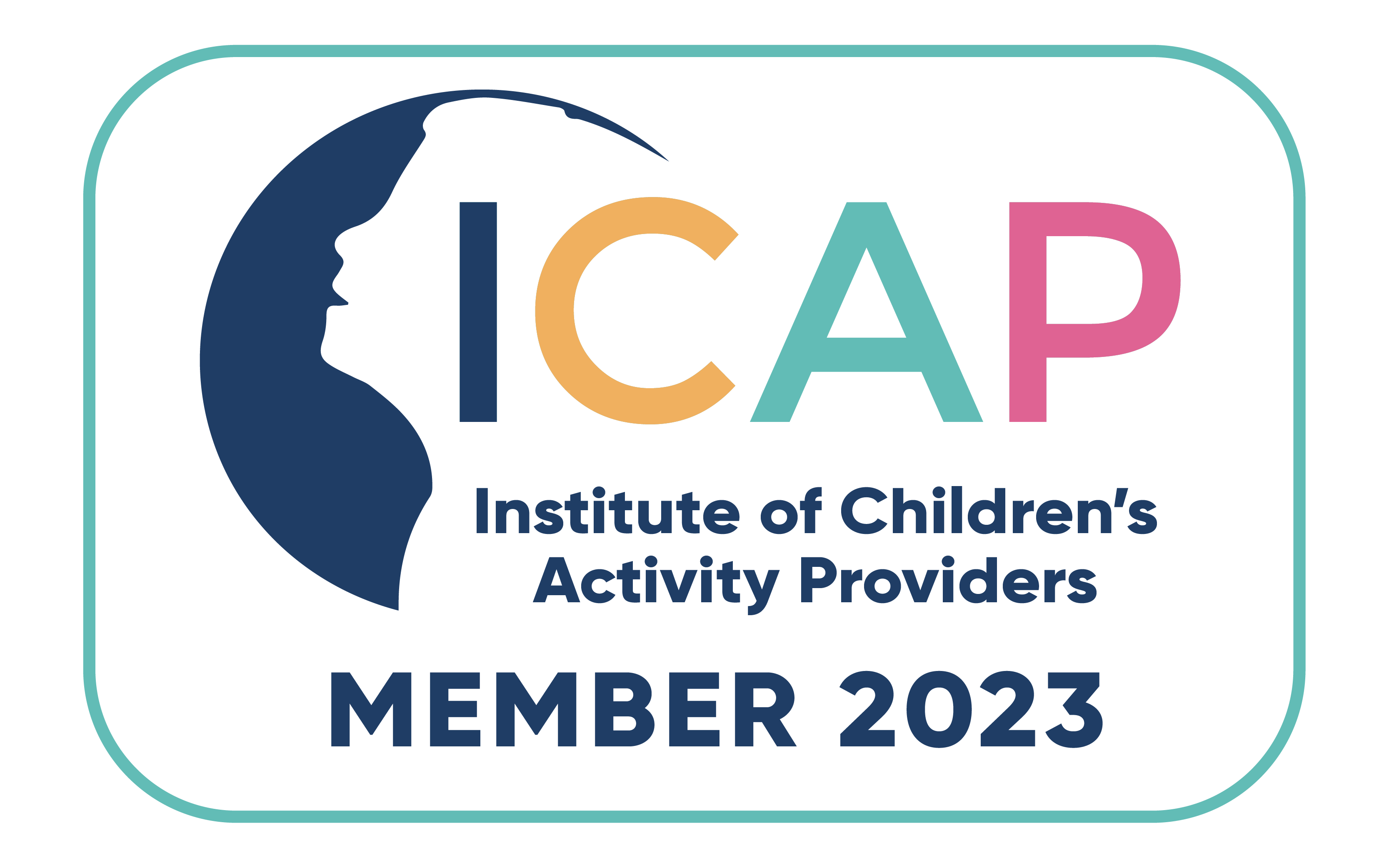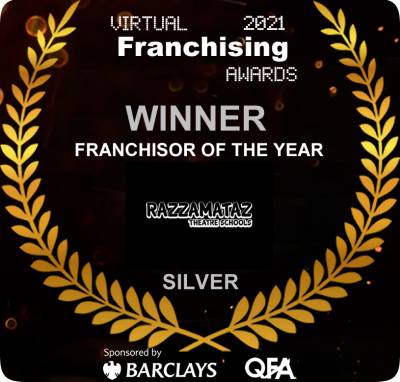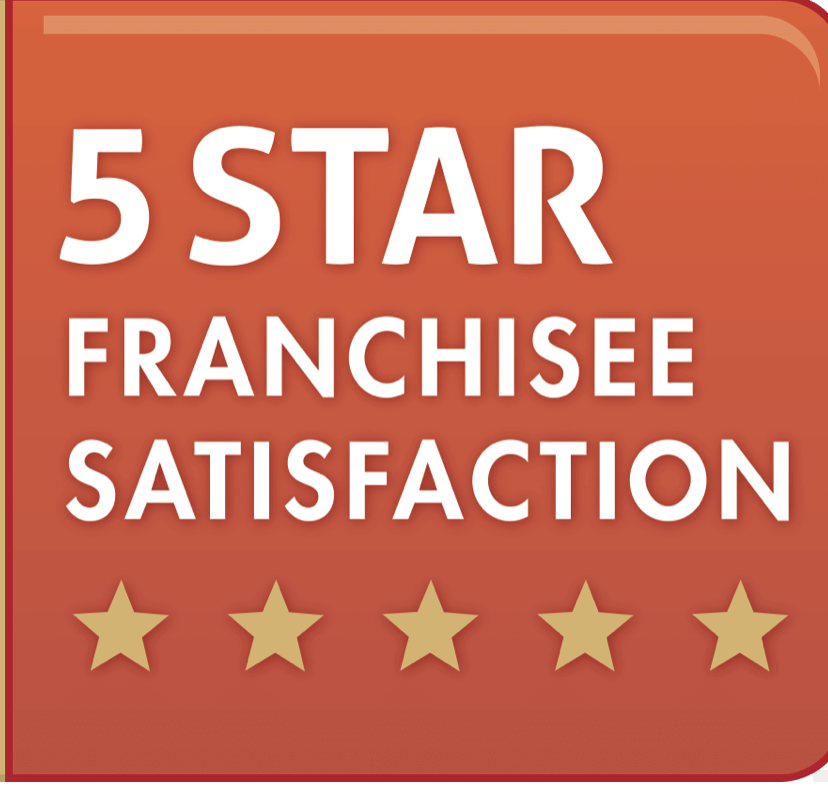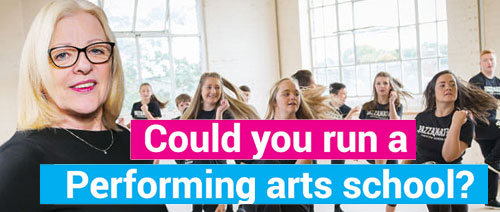
So, you can sing, dance or act, you love working with children and crave the flexibility that goes with running your own performing arts school. Bingo. What’s stopping you? Well, having your own theatre school is truly wonderful but there are many myths surrounding what is needed to successfully run a performing arts school in this highly competitive market place. Here we uncover a few.
1. You must have a background as a performer.
Having a passion for performing arts is vital but you don’t actually need to have been a professional performer, or in fact a performer at all. Claire Walford, the Principal of Razzamataz Yeovil is a trained accountant and has been running a successful theatre school since 2011. “I work closely at Razzamataz Yeovil with my sister who has a background in dance,” says Claire. “As time has gone by, I’ve become much more confident in the creative side of the business but having a good understanding of the financials has always been very important. As long as you have a strong team of teachers, there are no disadvantages for not having a performing arts background.”
2. If the school is good, students will come flocking.
This is right and wrong all at the same time. When we speak to many of our school Principals about student recruitment, many of them site ‘word of mouth’ as their top tool. However, this takes time to happen so initially, no matter how wonderful your school is, you will have to do an amazing job as a marketer to spread the word. Sessions in PR & Marketing is a very important part of the Razzamataz training as Lauren Bill, Principal of Razzamataz Weymouth explains: “Refresher training has been such a worthwhile experience. I feel fully up to date with marketing, Facebook advertising, PR and examples of best practice.”

3. At least half of new businesses will fail within the first five years.
While this is true, the same cannot be said of a franchise business. Your chances of avoiding failure in business are substantially improved if you become a franchisee instead of doing it all on your own. Kayleigh Redford is the Principal of Razzamataz Newcastle who launched her school last year. “I’ve learned so many new things that if I had started out on my own, I would have really struggled to understand them all.”

4. You need to be young and hungry to start in business.
Passion and commitment are absolutely needed to succeed if you want to run a performing arts school. But age is absolutely no barrier. Pam Dixon is the Principal of Razzamataz Dumfries and combines being a business owner with looking after her five grandchildren. Pam was a hairdresser for many years and initially struggled with her confidence. She never thought that she would be able to stand up and speak in front of people but now has found the courage to do this on a regular basis and loves every moment of it. “I love being my own boss and working when I like,” says Pam.
5. You don’t need to be too serious working in the children’s sector.
This is absolutely the reverse! Of course, you will have tremendous fun in the day to day running of your theatre school and especially leading up to big events such as your annual show or guest workshops. But working with children means that every aspect of health and safety must be taken incredibly seriously. “Parents are entrusting their child’s wellbeing with you so of course as a business, we take every element of this very seriously,” says Jason Gosney, the Health & Safety Manager for Razzamataz. “If you’ve not had experience in this area, then it can be quite overwhelming but we are here to guide you through every aspect of it and to keep you up to date with new rules and regulations.”

This is just a few of the points that you should discuss when considering running your own performing arts school. If you would like to meet other theatre school Principals or find out more about what is needed to succeed within the Razzamataz network, come along to one of our Discovery Den days. To have an informal chat to find out more, speak to our Franchisee Recruitment Manager Suzie McCafferty on Email: [email protected] or call 07793 054 233.















